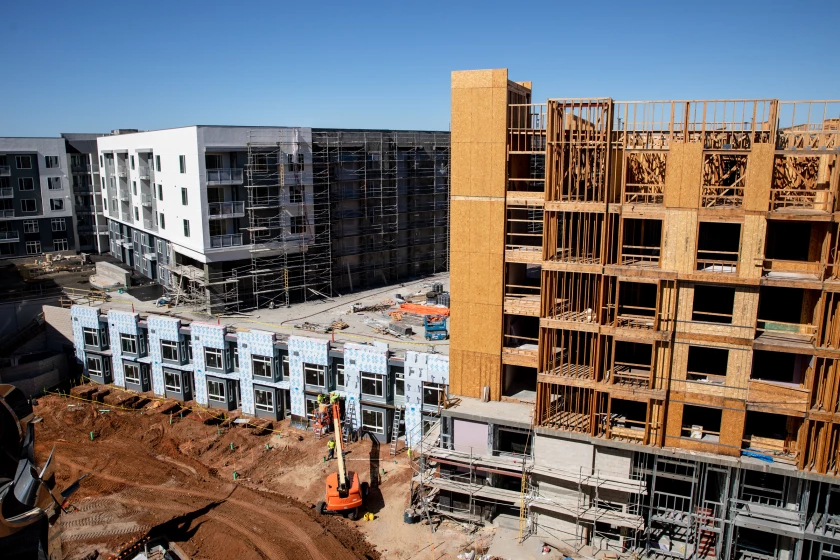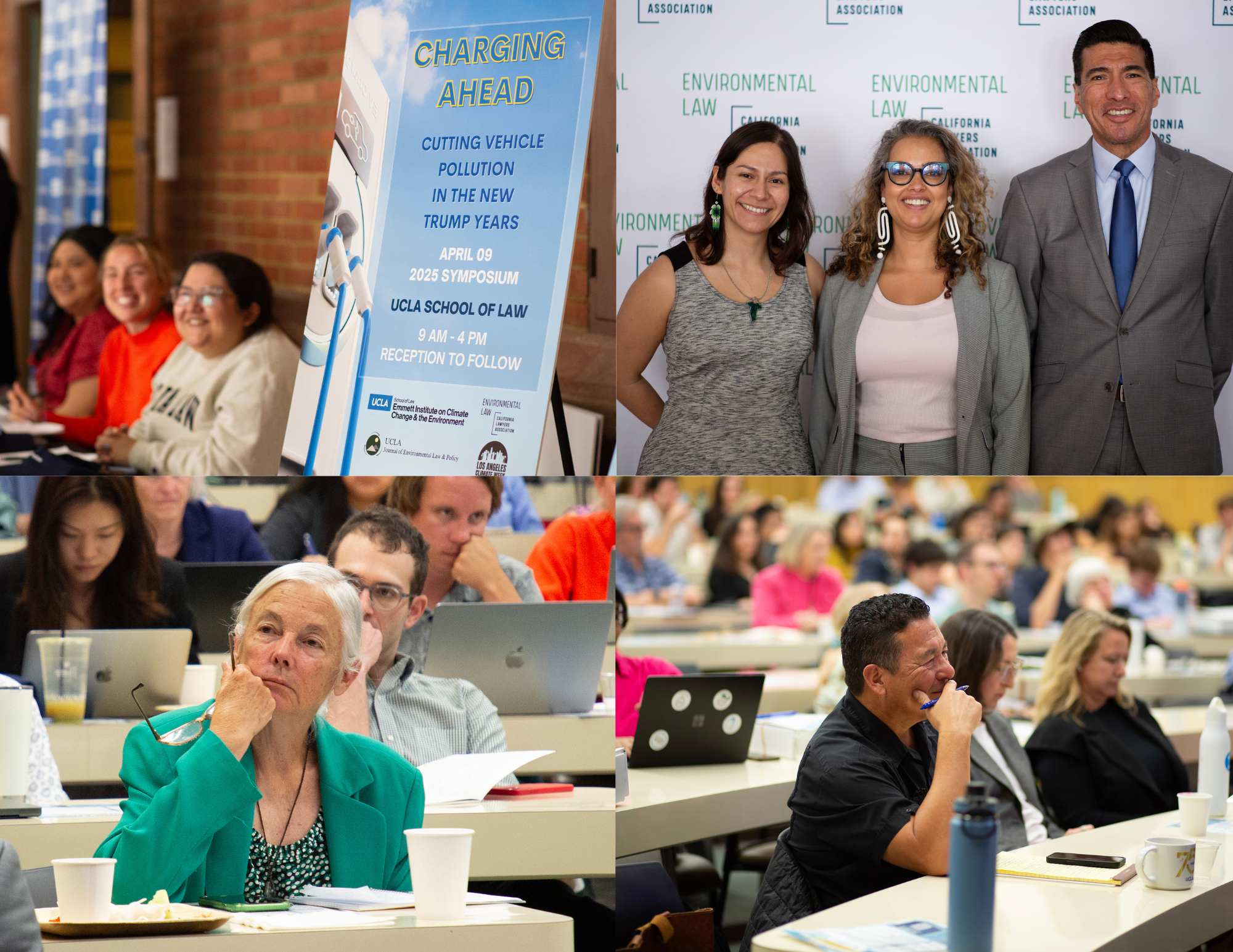Region: California
If Dodgers Don’t Quit Big Oil, the Olympics May Make Them
The Olympic Committee’s ban on most advertising could finally force the Dodgers to drop the 76 sponsorship from Dodger Stadium, which is now an LA 2028 venue.
The Los Angeles Dodgers have all but ignored the growing calls from fans, activists, columnists, researchers, and a state lawmaker asking the team to cut ties with Big Oil and remove the two huge, orange 76 gas ads that dominate the club’s picturesque scoreboards. But the team’s streak may be coming to an end: They …
Continue reading “If Dodgers Don’t Quit Big Oil, the Olympics May Make Them”
CONTINUE READINGGovernor Narcissist
Gavin Newsom’s snub of LA Mayor Karen Bass demonstrates that he cares about only one thing: himself.
Buried deep within Evan’s morose but accurate roundup at The Drain lurked this item, which tells you pretty much everything you need to know about California Governor Gavin Newsom. Los Angeles Mayor Karen Bass is in Sacramento lobbying legislators for relief money in the wake of January’s devastating wildfires. She probably won’t get close to …
Continue reading “Governor Narcissist”
CONTINUE READINGThe Chutzpah is Stunning
The Trump Administration is suing to block state climate lawsuits based on Clean Air Act Preemption.
If nothing else, you have to give credit to the Trump Administration for incredible gall. Yesterday, the Department of Justice filed suit against Michigan and Hawaii seeking to stop those states from filing lawsuits against fossil fuel companies for climate damages. The fact that DOJ is seeking to prevent even the filing of the lawsuits …
Continue reading “The Chutzpah is Stunning”
CONTINUE READING100 Days of Fear & Loathing in Climate World
The Drain is a weekly roundup of climate and environmental news from Legal Planet.
Are you tired of the words “100 days”? “In his first 100 days the Trump administration has slashed federal agencies, canceled national reports, and yanked funding from universities,” Grist puts it. “One hundred days of anti-environmental mayhem,” says Dan Farber at Legal Planet. My UCLA colleague Ann Carlson is quoted by the New York Times …
Continue reading “100 Days of Fear & Loathing in Climate World”
CONTINUE READINGSharing the Sidewalk with EV Charging Cords
New CLEE policy brief describes an innovative EV charging solution.
In cities throughout the US, electric vehicle (EV) drivers have found a creative, low-cost way to transfer electricity from their home to the curbside. You have probably seen it by now: a charging cord peeks out from a home and sprawls across the sidewalk–either beneath your feet or over your head–before plugging into a curbside-parked …
Continue reading “Sharing the Sidewalk with EV Charging Cords”
CONTINUE READINGHousing Abundance Meets California’s Political Realities
A Senate Housing Committee debate last week was a sobering indication.
There’s a lot of talk in certain policy circles these days about abundance, as a strategy to improve people’s lives and lower the cost of living through better governance. Nowhere is “abundance” needed more than in California, where housing costs due to a dire long-term shortage of homes has made the state one of the …
Continue reading “Housing Abundance Meets California’s Political Realities”
CONTINUE READINGThe California ESA and habitat protection
How California can fill in for a reduction in federal protection for endangered speciees
Following up on my prior post about the proposed changes to the federal Endangered Species Act (ESA) regulations that protect against habitat modification, what might California do to protect the species within its border? California currently has 140 federally listed animal species, and 182 federally listed plant species, 19% of the 1684 species listed under …
Continue reading “The California ESA and habitat protection”
CONTINUE READINGUnsheathing a Weapon for Clean Air: ISRs
New UCLA Law report focuses on how to use Indirect Source Rules to fight pollution from mega facilities.
We don’t have to tell you that air pollution remains a serious threat to communities across California, from Oakland to the Inland Empire. But what if we told you that most air regulators are fighting air pollution with one hand tied behind their back, unnecessarily? It turns out there is a powerful weapon that can …
Continue reading “Unsheathing a Weapon for Clean Air: ISRs”
CONTINUE READINGDay After Earth Day, the Climate Pope, and the 89%
The Drain is a new weekly roundup of climate and environmental news from Legal Planet.
Environmental journalists everywhere are breathing easier this morning. They made it through Earth Day — one of two insufferable seasons of cliche, inane PR pitches clogging their inboxes. (The other? The 2-week UN Climate Conference each fall.) Environmental advocates are breathing a little easier too, because the White House blinked first in the war of …
Continue reading “Day After Earth Day, the Climate Pope, and the 89%”
CONTINUE READING“What We Do Matters:” UCLA’s Charging Ahead Symposium
States and cities have a lot of tools to cut vehicle pollution. It’s time to break them out.
Trump is a bump. A nasty one, but a bump nonetheless, because the world is on the road to zero-emission fuels and vehicles no matter what. That was one takeaway from “Charging Ahead,” the UCLA Emmett Institute’s annual symposium held on April 9 — devoted this year to cutting vehicle pollution during the next four …
Continue reading ““What We Do Matters:” UCLA’s Charging Ahead Symposium”
CONTINUE READING











